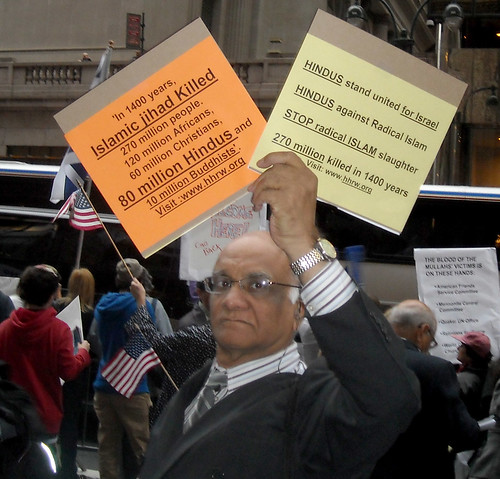What is Palestinian Islamic Jihad and what is its relationship with Hamas?
Islamic Jihad #IslamicJihad

What is Palestinian Islamic Jihad?
The Islamic Jihad movement in Palestine (Ḥarakat al-Jihād al-Islāmī fī Filasṭīn), or Palestinian Islamic Jihad (PIJ) as it is more often known, is the second largest armed group in Gaza. It is considered one of the most extreme and uncompromising Palestinian armed factions and operates on the West Bank too. Last week, PIJ were also reported to have attacked Israel from Lebanon. It rejects any political peace process and sees a military victory over Israel as the sole means of attaining its objective of establishing an Islamic state across Israel, the West Bank and Gaza.
PIJ has its own stock of rockets and mortars, and a month ago its military wing, the al-Quds Brigades, could probably have fielded several hundred fighters, analysts believe. It is unclear how many remain alive after PIJ committed a substantial proportion of these forces to the 7 October attacks, and after 10 days of Israeli bombardment of Gaza. The group has claimed that it holds dozens of Israeli hostages and almost certainly retains sufficient combat capabilities both to fire rockets as well as fight any Israeli troops who enter Gaza in a ground offensive.
What is its relationship with Hamas?
Though it has frequently collaborated closely with Hamas, PIJ remains a rival. Strategic, ideological and interpersonal differences have long prevented any real rapprochement between the two. PIJ has always remained clandestine, with a compartmentalised cell structure, in contrast to the mass mobilisation favoured by Hamas. Nor does it have the extensive welfare network or involvement in administration and government of the bigger group. PIJ and Hamas have frequently clashed on tactics, negotiations and a range of other issues, even if many of their ultimate objectives and core Islamist beliefs remain identical.
Members of Palestine Islamic Jihad carry signs bearing the face of Fathi Abd al-Aziz al-Shikaki, the group’s founder, during a march in Gaza on 4 October. Photograph: Saher Alghorra/ZUMA Press Wire/ShutterstockWhere did PIJ come from?
PIJ was founded in 1981 by Fathi Abd al-Aziz al-Shikaki as part of a new wave of radicalisation sweeping across the Middle East. Its early leaders were inspired by extremist Muslim Brotherhood thinkers and activists in Egypt in the late 1960s, violent activism there in the 1970s and then by the Iranian revolution in 1979. The writings of Ayatollah Ruhollah Khomeini had a particularly strong impact.
In its early years, PIJ attracted disaffected members of the more secular, leftist groups that previously had dominated the Palestinian nationalist “armed struggle”, as well as former members of the Muslim Brotherhood who believed the fight against Israel should be a priority for the movement. In recent years, educated young men in Gaza and the West Bank, especially in the town of Jenin, have provided most of its recruits.
PIJ rapidly adopted the relatively new tactic of suicide bombing, launching a series of such attacks against Israeli military and civilian targets. Though the group had a major setback when Shikaki was assassinated, reportedly by Israeli secret services, in Malta in 1995 after a double suicide bombing of soldiers in Israel earlier that year, PIJ continued with infrequent violent attacks in Israel. The group then gained new strength during the second intifada from 2000 to 2005, which allowed expansion into the West Bank, and with the Hamas takeover of Gaza in 2007.
Who funds or arms PIJ?
PIJ receives much of its funding from Iran, according to the US. Other sources may include Syria, donations from wealthy Palestinians in Gaza and some fundraising overseas. The group has its headquarters in Damascus, where the current leader, Ziyad al-Nakhalah, lives, and offices in Tehran. Last week the Iranian president, Ebrahim Raisi, called Nakhalah to tell him: “What happened in the occupied territories and in the battle with the usurping Zionist regime was a huge, unique event in the past 70 years, and you really made the Islamic community happy with this innovative and victorious operation.”